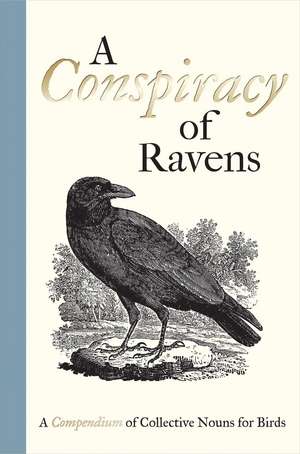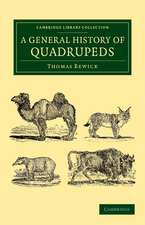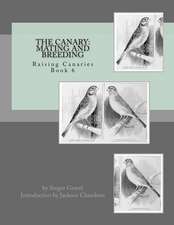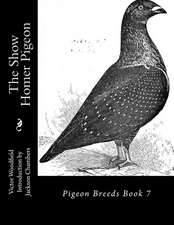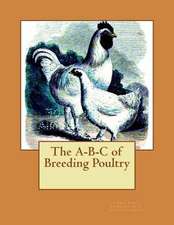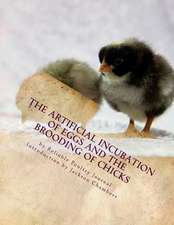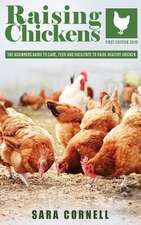A Conspiracy of Ravens: A Compendium of Collective Nouns for Birds
Ilustrat de Thomas Bewick Cuvânt înainte de Bill Oddie Samuel Fanousen Limba Engleză Hardback – 3 dec 2014
A charm of goldfinches. An ostentation of peacocks. A murder of crows. The English language brims with witty words for flocks of birds! Thought to have originated from hunting manuals, the practice of inventing collective nouns for birds has since evolved into a sport all its own, with new words striving to perfectly capture the essence of each bird.
A Conspiracy of Ravens presents readers with a compendium of collective bird nouns from the distant and not-so-distant past. Some of the nouns are portentous, like a tiding of magpies. Others, like a murmuration of starlings or a chattering of choughs, convey sound. Still more reflect with literary flourish the beauty of the bird: what could be more celebratory than a crown of kingfishers or an exaltation of larks? Featuring songbirds, aquatic birds, garden favorites, and birds of prey, this book collects more than one hundred of the best and most imaginative expressions and illustrates them with charming woodcuts by the eighteenth-century artist and naturalist Thomas Bewick.
A beautiful and entertaining read, A Conspiracy of Ravens will delight bird-lovers and word-lovers in equal measure.
A Conspiracy of Ravens presents readers with a compendium of collective bird nouns from the distant and not-so-distant past. Some of the nouns are portentous, like a tiding of magpies. Others, like a murmuration of starlings or a chattering of choughs, convey sound. Still more reflect with literary flourish the beauty of the bird: what could be more celebratory than a crown of kingfishers or an exaltation of larks? Featuring songbirds, aquatic birds, garden favorites, and birds of prey, this book collects more than one hundred of the best and most imaginative expressions and illustrates them with charming woodcuts by the eighteenth-century artist and naturalist Thomas Bewick.
A beautiful and entertaining read, A Conspiracy of Ravens will delight bird-lovers and word-lovers in equal measure.
Preț: 67.60 lei
Nou
Puncte Express: 101
Preț estimativ în valută:
12.94€ • 14.06$ • 10.88£
12.94€ • 14.06$ • 10.88£
Carte disponibilă
Livrare economică 31 martie-14 aprilie
Livrare express 14-20 martie pentru 17.43 lei
Preluare comenzi: 021 569.72.76
Specificații
ISBN-13: 9781851244096
ISBN-10: 1851244093
Pagini: 144
Ilustrații: 126 halftones
Dimensiuni: 108 x 171 x 15 mm
Greutate: 0.18 kg
Ediția:New.
Editura: Bodleian Library, University of Oxford
Colecția Bodleian Library, University of Oxford
ISBN-10: 1851244093
Pagini: 144
Ilustrații: 126 halftones
Dimensiuni: 108 x 171 x 15 mm
Greutate: 0.18 kg
Ediția:New.
Editura: Bodleian Library, University of Oxford
Colecția Bodleian Library, University of Oxford
Notă biografică
Bill Oddie is a birdwatcher and a broadcaster for the BBC.
Cuprins
Imprint
Foreword
A Conspiracy of Ravens
Recenzii
“Collective nouns are always pleasing—even when there is little evidence of their having been in close proximity to spoken language. . . . A few collective nouns for birds are still heard, . . . but your companion at the lakeside would be surprised to hear you cry, ‘Behold, a posse of herons,’ or see you recoil at a ‘dropping of pigeons.’ These are included in this stocking-fillerish book, together with a ‘soar of kites,’ a ‘wake of buzzards,’ and a ‘merl of blackbirds.’”
